People ask, ‘How are you?’
What I want to say:
Do you ever feel like this? Because I don’t think this should be happening.
Do you ever start to cross the road too late to make it to the other side without running, knowing that you’re not going to run?
Do you ever have days when you’re not in pain? What does that feel like?
What I actually say:
‘I’m okay.’
‘I’m tired, but okay.’
‘I’m tired.’
Doctors ask, ‘When did the pain start?’
What I want to say:
I don’t remember a time without it.
What I actually say:
‘Twenty years ago.’
Doctors then ask, ‘What about this level of pain?’
What I want to say:
Twenty years ago.
Fuck, I’m tired.
What I actually say:
‘It’s been this acute for four days.’
Doctors: ‘Give that to me as a number from one to 10.’
Ten years ago, after years of unexplained symptoms, I was finally diagnosed with chronic pelvic pain as a result of dysmenorrhea (painful periods) and menorrhagia (long and heavy periods). I also have polycystic ovary syndrome (a chronic condition causing irregular periods and hormonal imbalances) and endometriosis (where lesions that are similar to uterine lining grow outside the uterus, causing pain, fertility issues and potential organ dysfunction). My chronic pain formally became a disability at 34.
My life of chronic illness and chronic pain is one of resting for hours and hours.
I feel guilty for all the times I’m forced to cancel plans because I don’t have the energy to socialise after work, or it’s raining and humidity increases my pain, or the pain has been so intense for days on end that I can’t get rid of the dark cloud above my head.
It’s not just that I feel bad for missing the parties, dinners, dates and coffees. It’s also that I second-guess my relationships because of all of the special occasions I wasn’t part of.
Does she believe me?
Do they think I don’t like them?
Is he angry I missed his wedding?
I think of all the children in my life whose growth I track only in pictures, the precious hours not spent with ageing relatives, the quality time that passes me by that could see acquaintances become close friends.
Some days the pain leaves me without the energy to do anything but eat, stay upright and think clearly about the meds I need to take. Then my need to rest becomes unavoidable. My body is a car trying to run on empty.
Other days I find myself with a quarter of a tank.
I feel the pain always, but I have been granted the freedom—albeit a temporary one—to rejoin my friends and loved ones.
Though, inevitably, that freedom is taken away.
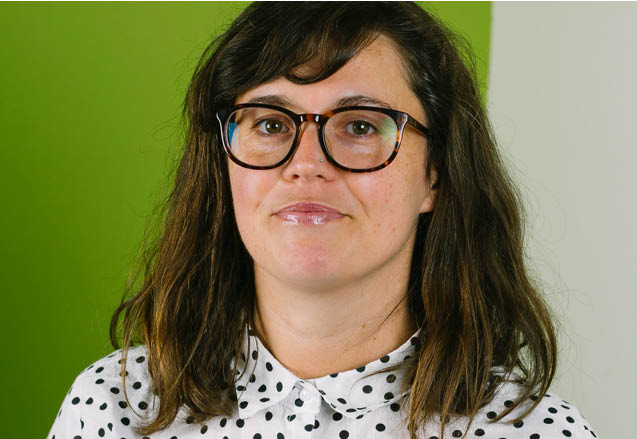

I can picture the two of us in Mum’s living room. That house, that couch, means I was 17 and my brother, 15. We had recently been uprooted by our parents’ difficult separation. Emotionally, we were shaken. We were arguably too old for cartoons, but considered ourselves connoisseurs of them anyway. We needed comfort, we needed simplicity and we needed to laugh. So whenever my brother and I could, we sat down and watched cartoons together for an hour or two, relaxing into the silly but heartwarming stories that wrapped up neatly in 22 minutes – the inverse of the family drama still playing out in the shadows.
People say to me:
‘You must be so on top of all the good shows!’
‘I wish I had that much time to watch TV!’
‘So do you have book recommendations for me? I would love to read more.’
There are times when I can concentrate enough to read. Other times I’m not able to focus on the page, and all I have the energy for is binge-watching an entire television series.
But when I can’t sleep, or I’m numb from meds, or I’m doubled over in pain and need a distraction, I find myself looking to Nickelodeon or Cartoon Network for comfort. The evening programming of the cartoons from my teenage years takes me back to that warm and cosy place with my brother. Arthur is still on earlier than Futurama, but now SpongeBob seems to run reliably in those long dark hours after 10 pm.
The very nature of chronic illness lends itself to isolation. Time spent at home resting, time spent in waiting rooms, time spent in hospital, time spent recovering.
Things I want to say:
I don’t know how long I can keep doing this.
I can’t do anything nice for myself because I spend so much money on staying alive.
Instead I post a meme of SpongeBob walking into a room with an exaggerated swagger. The caption reads ‘walking into your doctor’s office’.
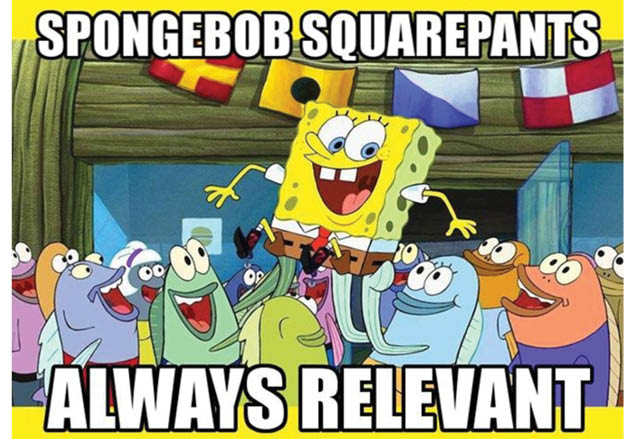

Many of us with chronic illnesses are often house-bound. Unable to socialise with family, friends or colleagues we go online to interact with others. We are also searching for people who understand.
Peer support through social media offers a source of experiential knowledge about illness. It gives us a way to normalise pain and a life lived with chronic illness. That can take the form of sharing stories and asking questions, but often we communicate through chronic-illness memes, which are a simple visual means of conveying complicated emotions and frustrations, as well as a way to add humour to a heavy conversation. Using memes—images or videos that are already widely shared—with context tailored to illness communities allows those of us who feel socially isolated by circumstances beyond our control to connect with the broader zeitgeist.
Memes are a form of communication, one that does not rely on face-to-face contact. Chronically ill peers can use them to let each other know they’re not alone, to convey a complex empathy that is nonetheless accessible and simple to comprehend.
I connect with the playfulness of SpongeBob SquarePants. When I am in pain I become childlike—I reach for comforting foods, I curl myself into a ball. I have no control over my body so I have no choice but to surrender to it. Seeing familiar images from a cartoon I first began to watch twe years ago seems to ease the loss of agency my pain and illness cause. Perhaps, more simply, just as much now as I did at seventeen I want—and need—to laugh.
Memes articulate what’s going on in my head better than my abrupt and stuttering text messages to loved ones. I don’t have to find the words. Memes have them for me.
They speak for the anger that the doctors don’t see, the jealousy I hold for people who are well, the exhaustion I feel at every new appointment and every new symptom and every new dismissal by someone who doesn’t understand. They allow me to convey my body language and facial expressions when I’m reaching out to friends during a period of pain-induced isolation.
Pain—both physical and mental—is more than a number or shaded area on a chart.
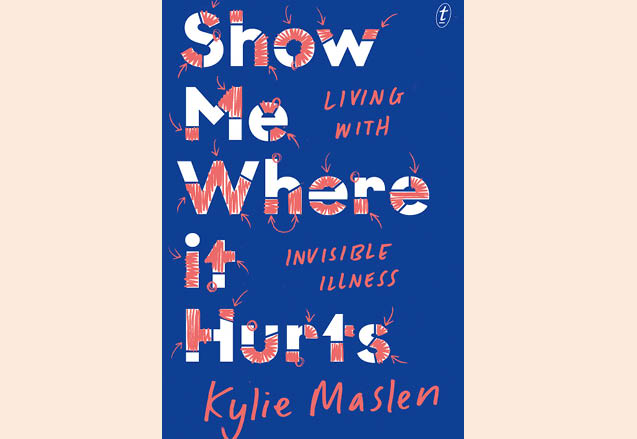

People ask:
‘When will you be better?’
‘Are you better yet?’
People say:
‘She’s battling through.’
‘She’s winning the fight.’
In fact:
There is no winner; the battle never ends.
This is it.
I’m trying my best.
I want to ask:
Can you come over and vacuum for me? The crumbs and mess around me only makes me even sadder.
Can you tell me what you’ve been watching? What you’ve been reading? I want to know about the life outside this room.
Can you call me and just be on speaker? A presence without talking? I’m so alone.
I’m sent a cartoon of SpongeBob, misshapen and sitting on the floor. One arm holds out an empty plate, the other is bent back awkwardly. He looks extremely nOt FiNe, but the subtitle reads ‘I’m ok, honest’. The caption to the meme reads: ‘When you try to hide being sick but it’s not working.’
People say:
‘I saw this and I thought of you (lol). Always here for you, no matter what. x’
What I want to say:
Thank you for seeing me.
I never knew you understood like this.
What I actually say: ‘It’s me. x’
This is an edited extract from Kylie Maslen’s Show Me Where It Hurts: Living with Invisible Illness, out now. You can buy it here (it’s a beautiful, honest book – Fliss).
If you need help or support, call Lifeline 24/7 on 131114 or chat online here. Beyond Blue is also 24/7 on 1300 22 4636.




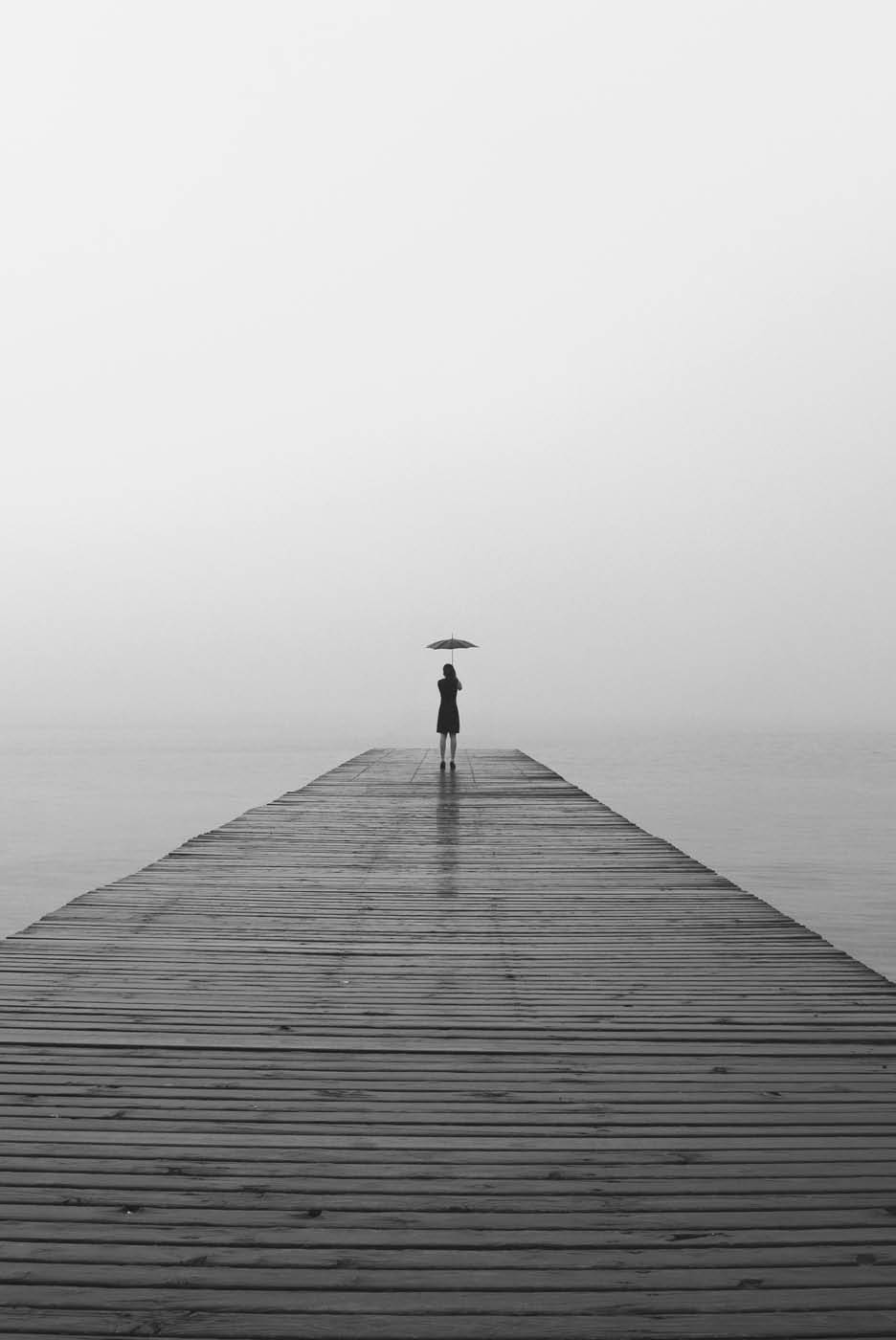
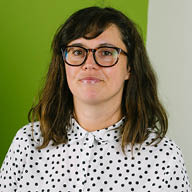


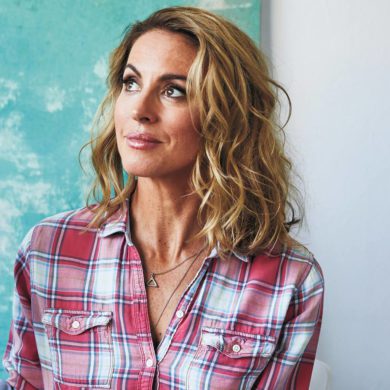
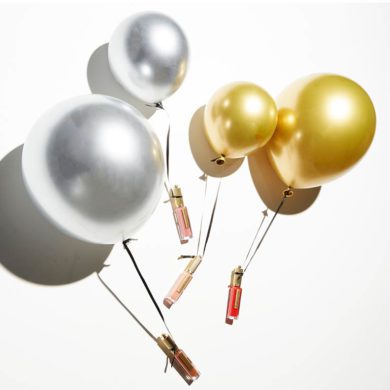
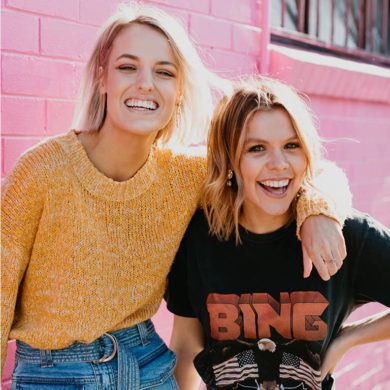



No Comments